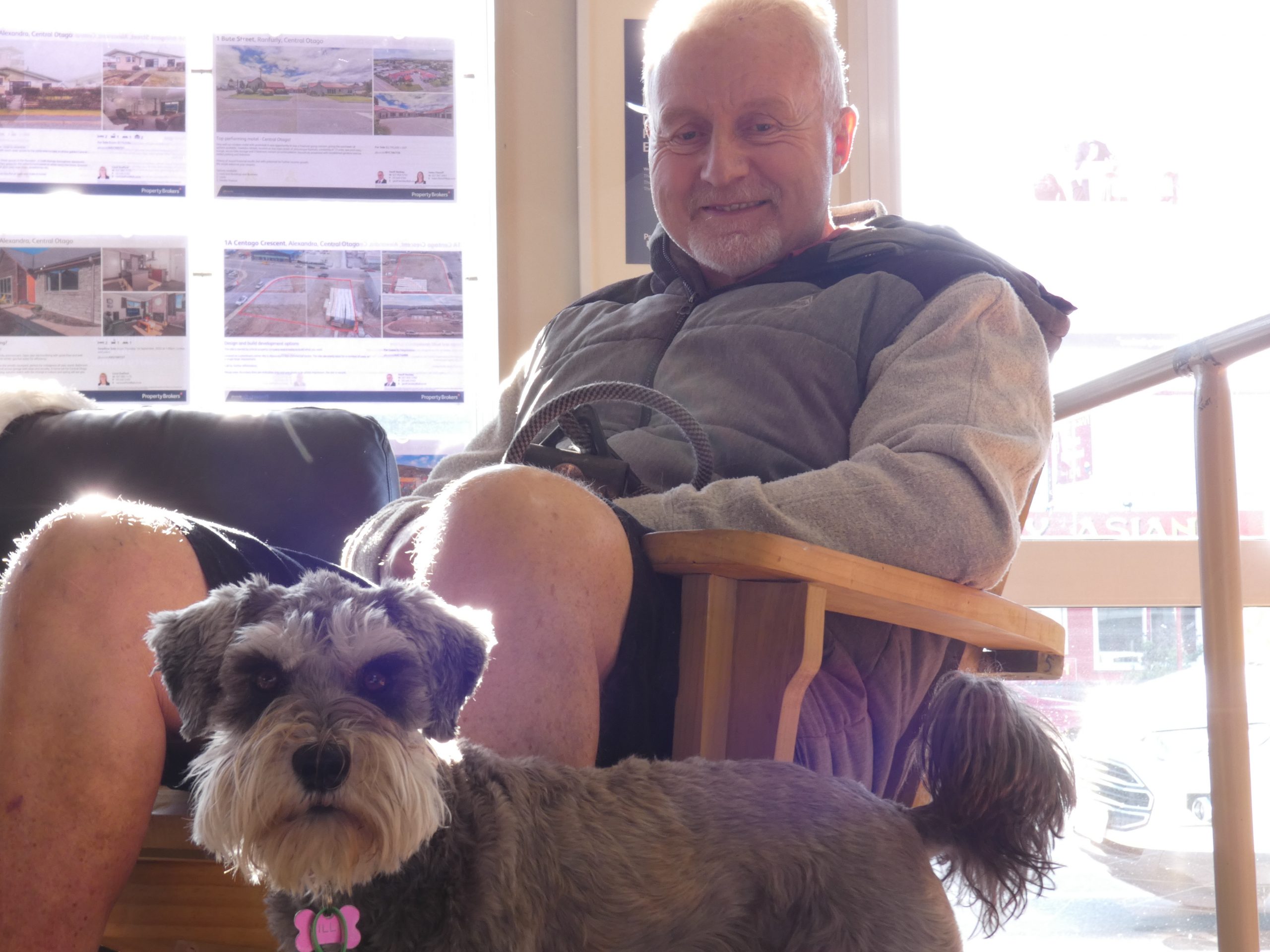The 12 years since Alexandra resident David Griffin had his stroke have been a steep learning curve for him and his wife, Brenda Griffin.
The massive stroke was completely unexpected, especially as MrGriffin had undergone a full physical the previous day, after which he was told he had less than a 3% likelihood of having a stroke.
One of the lasting effects for him is aphasia — a disorder that affects communication — so Mrs Griffin does much of the talking.
‘‘We found it really difficult in the early stage because there wasn’t a lot of support,’’ she said.
He was in hospital for seven days, then spent three months at the ISIS Centre at Wakari Hospital in Dunedin, which specialises in rehabilitation for brain injuries.
When Mr Griffin came home, he didn’t know what he was doing, his wife said.
‘‘He could barely get himself up and showered in the morning, and slept a lot,’’ she said.
‘‘I was still grieving — I didn’t know what I was doing or what I needed to do.’’
She was told that if her husband didn’t die, he would need to be in palliative care, but she was determined that would not be the case.
Community support services offered home-based care, physiotherapy and speech therapy, but it was ‘‘very intermittent’’.
‘‘The whole process for the first three years was frustration after frustration, and anger.’’
Then the Stroke Foundation got a new community adviser in Dunedin, Kathy Clarke, and they found there were other services they could access.
A group of carers started meeting once a month.
‘‘We talked about the frustrations and the sadness and the care and the grief.’’
They also talked about putting their stories on paper, and from that idea grew the ‘‘Art of Recovery’’ exhibition, which opens at the Masonic Lodge in Tarbert St, Alexandra, at 5pm on Friday.
Among the photographs, stories and artworks in the exhibition is a chair that Mr Griffin, a former builder who had been a carpentry tutor at the Otago Corrections Facility in Milburn, built with fellow stroke survivor Roy Robertson.
The couple were now focused on raising awareness of a condition fast becoming the largest cause of disability in New Zealand, Mrs Griffin said.





